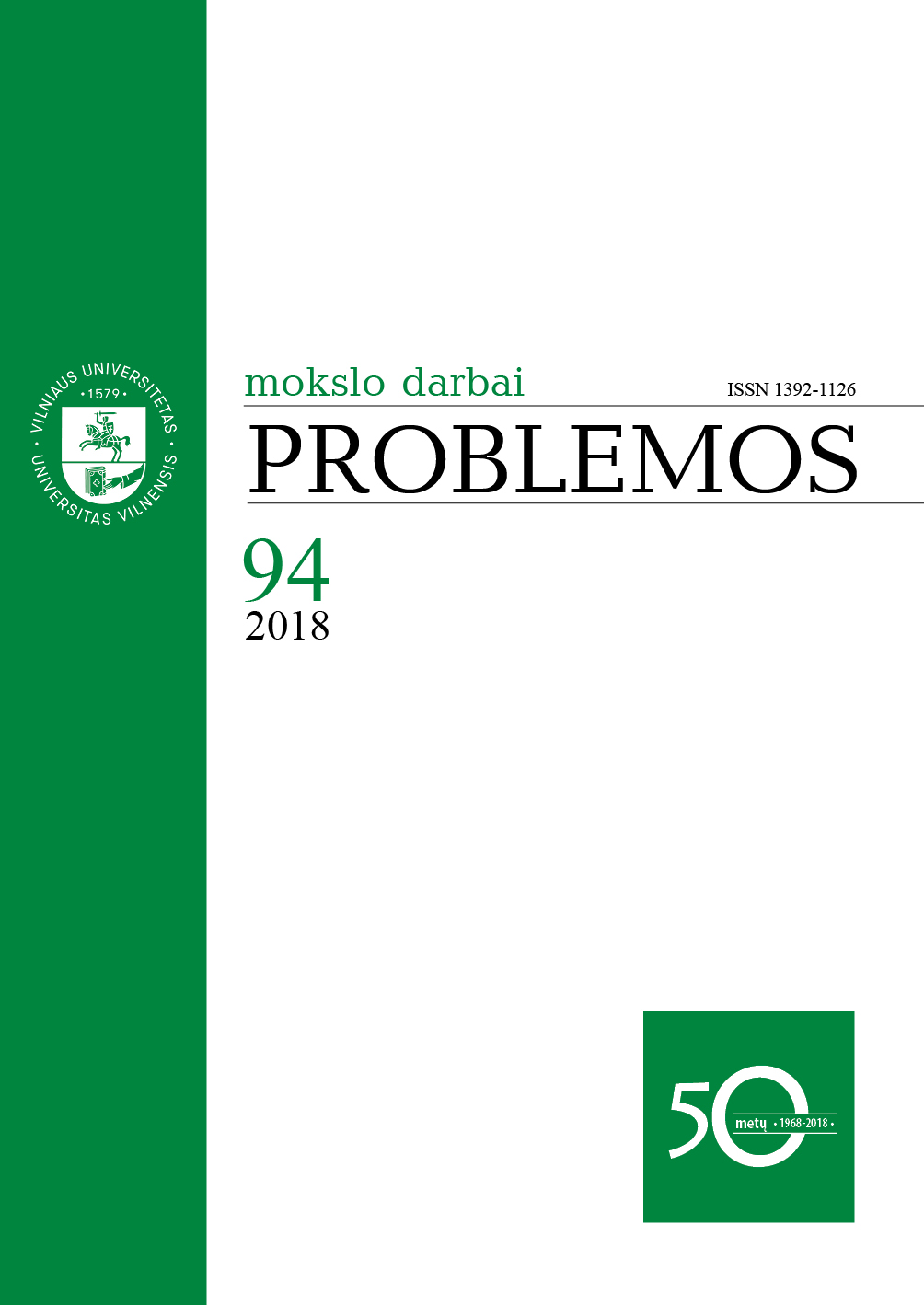WARRANT, CONCLU SIVE REASON, AND FAILURE-OF-TRANSFER-OF-WARRANT
WARRANT, CONCLU SIVE REASON, AND FAILURE-OF-TRANSFER-OF-WARRANT
Author(s): Murali RamachandranSubject(s): Epistemology, Semantics, Evaluation research
Published by: Vilniaus Universiteto Leidykla
Keywords: Failure of transfer of warrant; Conclusive reasons; Epistemic closure; Question begging;
Summary/Abstract: Fred Dretske motivates his denial of epistemic closure by way of the thought that the warrant for the premises of a valid argument need not transfer (or ‘transmit’) to the argument’s conclusion. The failure-of-transfer-of-warrant (FTW) strategy has also been used by advocates of epistemic closure as a foil to Michael McKinsey’s argument against the compatibility of first person authority and semantic externalism, and also to illuminate, more generally, why certain valid arguments appear ill-suited for the purpose of establishing their conclusions. This paper takes re-examines some of the central attempts to explain transmission-failure, and a central line of objection to the strategy from Begging-the-Question theorists. The ultimate goal of this paper is to promote a decidedly Dretskean explanation of the unpersuasiveness of the said arguments.
Journal: Problemos
- Issue Year: 2018
- Issue No: 94
- Page Range: 35-48
- Page Count: 14
- Language: English

